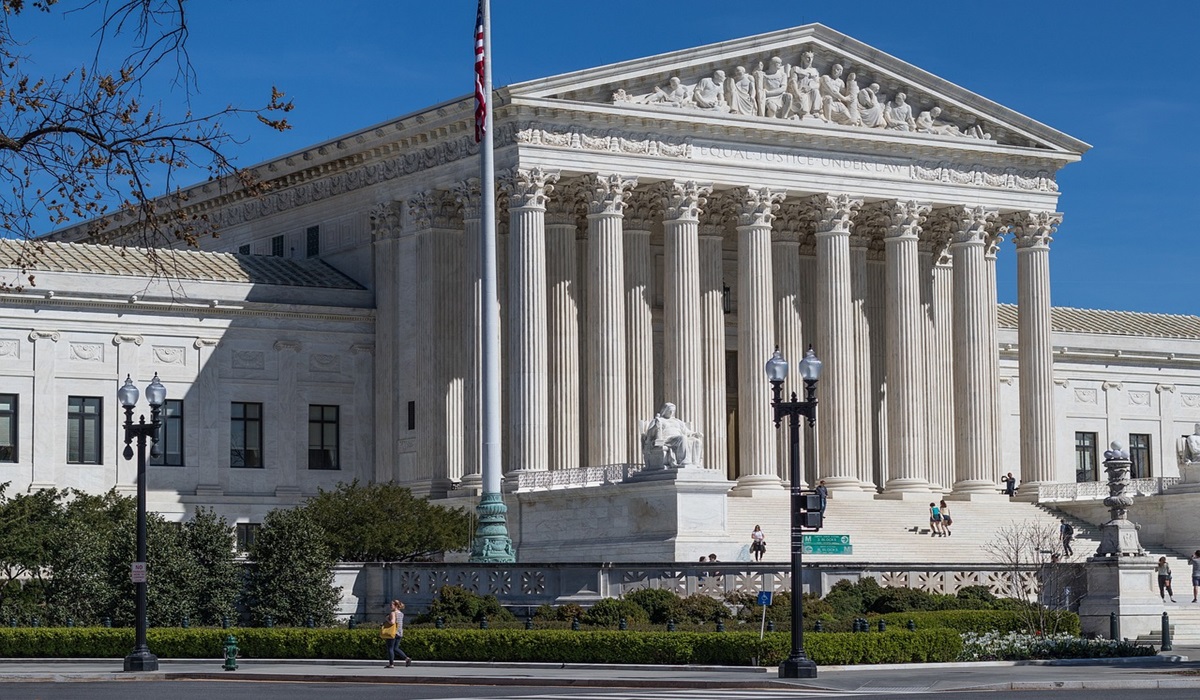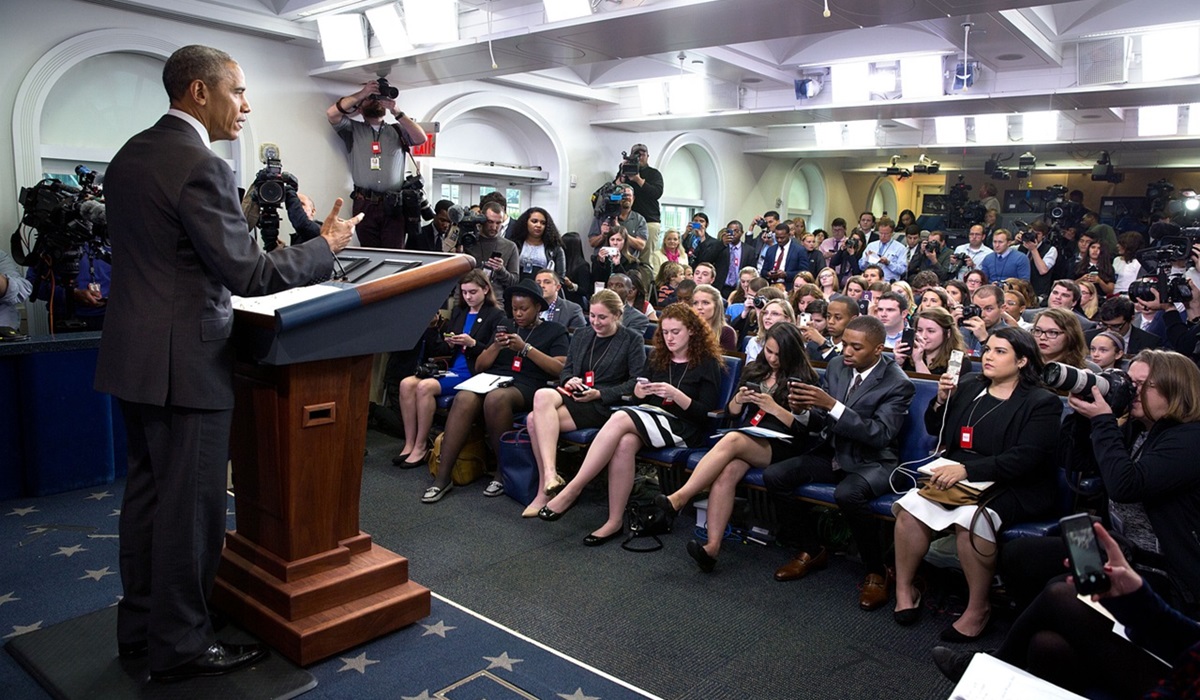Growing Concerns Over Judicial Interference in the American Legal System
- Ingrid Jones
- U.S.A
- May 24, 2024

Image Credit, Mark Thomas
Every day concerns over judicial interference from the highest levels of the American legal system have escalated, casting a shadow over the perceived fairness and impartiality of federal appeals courts and the Supreme Court. Traditionally regarded as bastions of justice, these institutions are now facing scrutiny for decisions that seem to align more with political ideologies than with impartial interpretation of the law.
The cornerstone of the judicial system has been the belief that justices, particularly at the highest echelons, decide cases based on legal precedent and constitutional principles rather than political affiliations. However, the reality has become increasingly complex as judicial appointments often reflect the ideological leanings of the appointing administration.
Recent controversies have highlighted this issue. Justice Samuel Alito’s display of the American flag upside down, interpreted as a show of support for the Make America Great Again (MAGA) movement, sparked debate over the impartiality of justices and their political allegiances. Similarly, Justice Clarence Thomas has faced allegations of impropriety, including accepting gifts and sharing information with his wife, raising questions about the integrity of his decisions.
Furthermore, Justice Aileen Cannon has been accused of obstructing cases against the former president, suggesting a perceived bias in favor of political interests. These instances underscore the growing concern that political ideology may be influencing judicial decisions, undermining the public’s confidence in the judiciary.
The recent call by former X CEO Elon Musk to remove partisanship and opinions from the Supreme Court and all courts reflects the gravity of the situation. Musk’s tweet underscores the widespread desire for a judiciary that is free from political bias and perceived impartiality. However, achieving such an objective remains a formidable challenge.
The question remains: How can these issues be addressed? Is it possible to extricate the judiciary from the grip of political influence? While there are no easy answers, reforms aimed at increasing transparency, accountability, and diversity in judicial appointments could help mitigate concerns over judicial interference. Additionally, promoting a culture of judicial independence and integrity is essential in restoring public trust in the legal system.
As the United States grapples with these challenges, the future of its judiciary hangs in the balance. The resolution of these issues will not only shape the course of individual cases but also determine the credibility and legitimacy of the American legal system as a whole.








